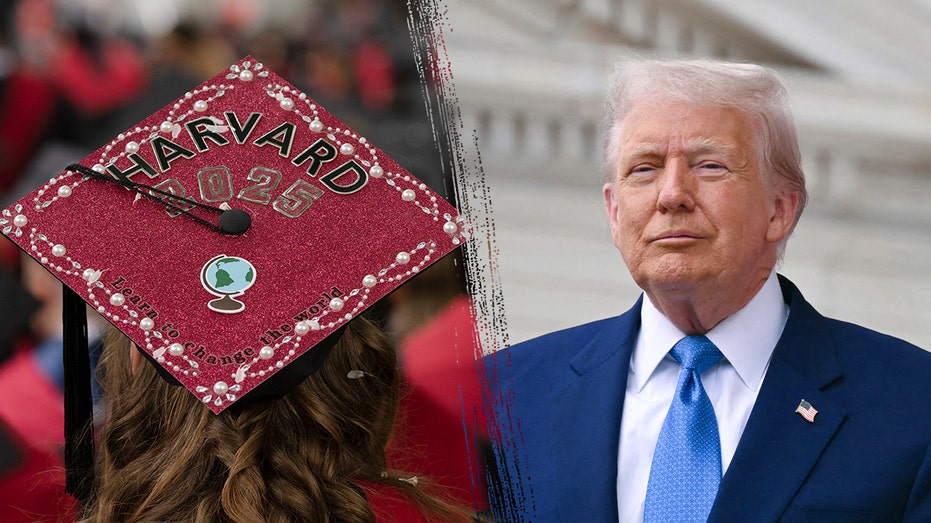Judge Temporarily Halts Trump Admin's Entry Ban for International Harvard Students
Federal judge temporarily halts Trump-era ban on international students entering Harvard amid legal battle.

A federal judge on Thursday night blocked the Trump administration’s order to ban foreign students from attending Harvard University, granting a temporary reprieve for thousands of international scholars whose academic futures had been thrown into uncertainty. U.S. District Judge Allison Burroughs issued the ruling just hours after Harvard filed an amended complaint, sharply criticizing the administration’s move as unconstitutional and lacking legitimate justification.
At stake are the academic visas of over 7,000 Harvard students who rely on F-1 and J-1 certifications to study, teach, or conduct research in the United States—privileges that are also vital for their families and dependents. The university’s lawsuit argued that the proclamation "lacks any lawful basis" and that its selective ban targets Harvard students without affecting any broad category of immigrants. As the complaint highlighted, "Nonimmigrants may enter the country unabated, as long as they do not attend Harvard," underscoring what the school called a "government vendetta" rather than a legitimate national security measure.
Harvard maintains that the measure unlawfully singles out university-bound students instead of targeting a “class of aliens,” raising the stakes in what it described as a politically motivated intervention. Tensions had already escalated in April when a federal task force led by the Trump administration sent the university a list of demands: these included ideological screening of students and faculty, implementing so-called "viewpoint diversity" quotas for hiring and admissions, and sanctioning student activist groups. Additional requirements demanded disclosure of foreign funding sources and enabled direct government oversight of internal policies.
Following Harvard’s refusal to comply, the federal government froze $2.2 billion in research funding. Former President Trump took to social media, warning Harvard risked losing its tax-exempt status if it continued to “push radical ideology” and alleged that the university’s leadership consisted of “woke, Radical Left, idiots.” Meanwhile, the Department of Homeland Security (DHS) responded by revoking Harvard’s Student and Exchange Visitor Program (SEVP) certification—the key authorization required for sponsoring international students—although a judge quickly halted that action.
Despite these court interventions, Harvard now asserts that the administration is attempting to achieve the same end through the contested presidential proclamation. While the government claims Harvard has not fully disclosed information about its international student population, the university argues it has fulfilled all legal requirements and that the visa crackdown is merely a pretext for political retribution. In Thursday’s filing, Harvard directly stated: "There is no lawful justification for the government’s unprecedented actions."
The amended lawsuit also revealed that Robert Hur, who previously served as special counsel and interviewed Joe Biden, is representing Harvard in the courtroom battle. Responding to the suit, DHS Assistant Secretary Tricia McLaughlin insisted the administration’s actions fall within the President’s constitutional powers, arguing, "It is a privilege, not a right, for universities to enroll foreign students." She added that the Trump administration remains committed to "restoring common sense" to the nation’s student visa system and dismissed the ongoing litigation as immaterial to their plans.
Amid this high-stakes legal clash, international students at Harvard express mounting anxiety. Jing, a 23-year-old graduate student from China currently interning in Asia, described feeling "numb" in the face of relentless uncertainty. Yonas Nuguse, a new admit from Ethiopia who survived war and a school shutdown before being accepted by Harvard, expressed hope that the turmoil would prove temporary so he could join his classmates as planned this fall.
For now, with the court’s intervention, Harvard’s international students will be allowed to remain enrolled while the broader legal fight continues—a struggle that could have far-reaching consequences not only for the university but for higher education institutions and international students across the United States.




